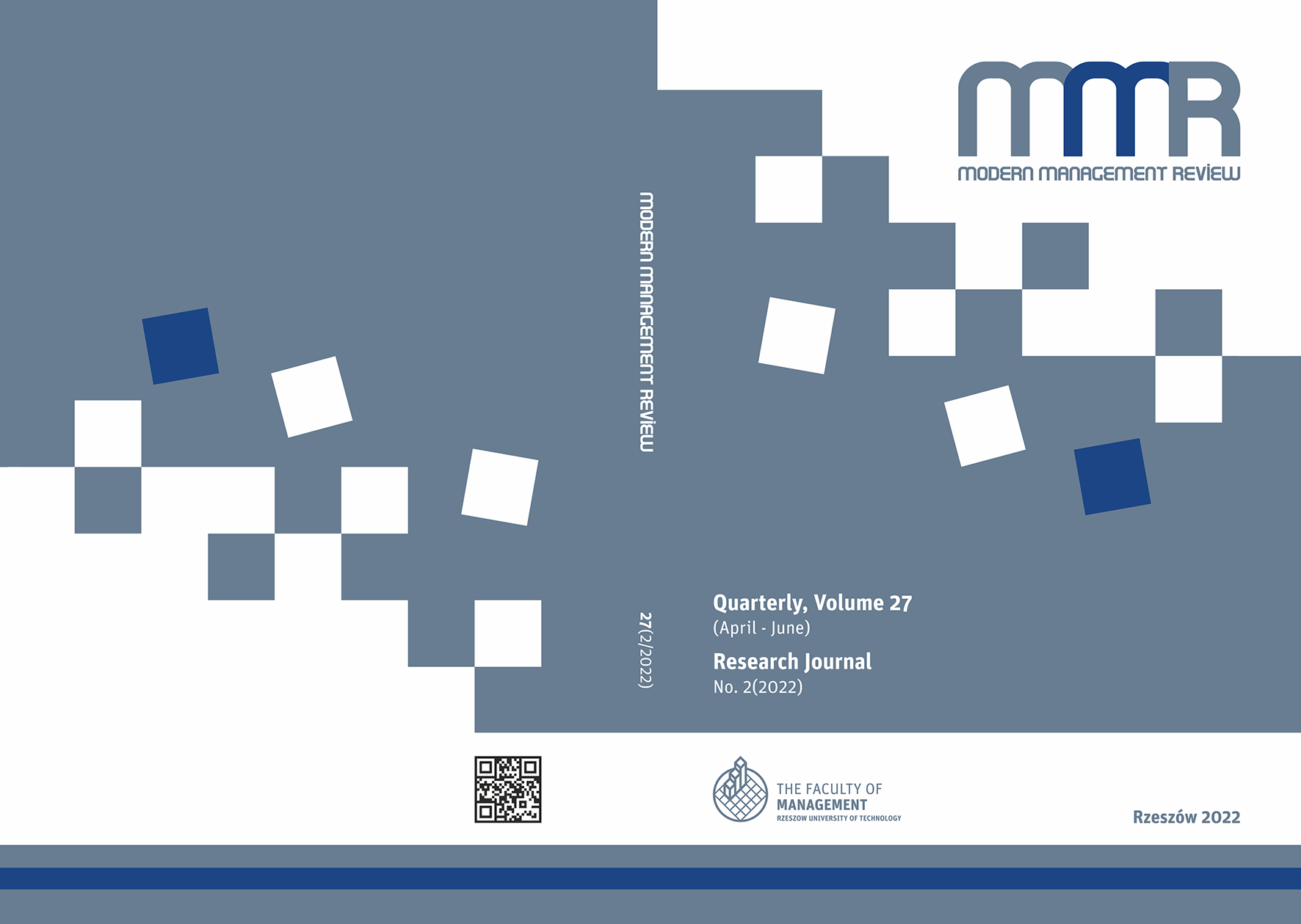Abstract
The study seeks to determine the influence of social marketing on sustainable behaviour in the area of household waste disposal in Lagos State, Nigeria. This study focuses on four dimensions of social marketing namely: social product, social price, social promotions and social place. Descriptive research design was employed using cross-sectional survey methods for data collection. Three hundred and ninety one (391) respondents were used for the study. Four research questions were raised and answered through corresponding hypotheses. Data were analyzed using descriptive and inferential statistics. Findings indicated a convincing relationship between sustainable behaviour and social marketing particularly the elements of price and place; and by extension, implications for improvement is that decrease in price associated with waste disposal billings might cause individual household to dispose waste appropriately and more importantly regular maintenance of waste collection site in other to discourage road side waste disposal.
References
Akhtar, S., & Bhattacharjee, M. (2013, December). The marketing mix elements for social cause: a rational approach to derive the new 4ps. Paper presented in the International Conference on Research in Marketing (A Refereed International Conference), New Delhi, India.
Almestahiri, R. D., Rundle-Thiele, S., Parkinson, J., & Arli, D. (2017). The Use of the major components of social marketing: A systematic review of tobacco cessation programs. Social Marketing Quarterly, 23(3), 232-248.
Antonides, G. (2017). Sustainable consumer behaviour: A collection of empirical studies. Sustainability, 9. Doi: 10.3390/su9101686.
Attafar, A., Kazemi, A., & Samimi, A. (2012). Investigating the role of social marketing in reducing the use of personal cars in city traffics, the case of Isfahan City. International Journal of Academic Research in Business and Social Sciences, 2(7).
Beaudoin, J. & Lawell, C.L. (2017).The effect of urban public transit investment on traffic congestion and air quality, Retrieved from http://dx.doi.org/10.5772/66834
Bowley, A.L. (1926). Measurement of precision attained in sampling. Bulleting of the International Statistics Institute, Amaterdam, 22(1), 1-62.
Chkanikova, O. (2009). The application of social marketing in promoting sustainable transportation. Lund University, Sweden. Development in Emerging Cities in China: A Simulation Approach, Sustainability, 10(844), 1-22
Fischer, J., Dyball, R., Fazey, I., Gross, C., Dovers, S., Ehrlich, P. R., ... & Borden, R. J. (2012). Human behavior and sustainability. Frontiers in Ecology and the Environment, 10(3), 153-160.
Kennedy, A.M. (2016). Macro-social marketing. Journal of Macromarketing, 36(3), 354-365.
Kotler, P. & keller, K.L. (2007). Marketing management (12th Edition). Singapore: Pearson Prentice Hall.
Kotler, P., & Keller, K.L. (2012). Marketing management, 14th Edt. New Jersey, Prentice Hall .
Kotler, P., & Roberto, E. L. (1989). Social marketing: Strategies for changing public behavior. The Free Press.
Kotler, P., & Zaltman, G. (1971). Social marketing: An approach to planned social change. Journal of Marketing, 35(3), 3-12.
Lee, N. R., & Kotler, P. (2011). Social marketing: Influencing behaviors for good. Sage Publications.
Lee, N.R., & Kotler, P. (2011). Social marketing: Influencing behaviours for good. Thousand Oaks, CA: Sage.
Lokhande, M. A. (2003). Social marketing. Indian Journal of Marketing, 33(3), 16-19. Retrieved 10th Feb. 2021, from: https://www.researchgate.net/publication/267574854
MacFadyen, L., Stead, M., & Hastings, G. (1999). A synopsis of social marketing. Institute for Social Marketing, 1-10.
Mahdee, J., Bakar, N.A., Hassan, H., & Seng, V.O.K. (2016). Social marketing campaign: Sustainable Recycling Model.
McKenzie-Mohr, D. (2000). New Ways to Promote Pro-Environmental Behaviour: Promoting Sustainable Behaviour: An Introduction to Community-Based Social Marketing. Journal of Social Issues, 56(3), 543-554.
Miller, P., De Barros, A.G., Kattan, L., & Wirasinghe, S.C. (2016). Public transportation and sustainability: A review. KSCE Journal of Civil Engineering, 20(3), 1076-1083.
Miller, P., De Barros, A.G., Kattan, L., & Wirasinghe, S.C. (2016). Public transportation and sustainability: A review. KSCE Journal of Civil Engineering, 20(3), 1076-1083.
Ministry of Environment & Waste Resources (2021). Retrieved 8th Aug 2021, from https://www.vanguardngr.com/2021/04/lagos-generates-14000-metric-tonnes-waste-daily-commissioner/
Sharif, H. A., Ibrahim, M., Ndaghu, J. T., & Yole, D. M. (2018). Social marketing approach to safer driving in Nigeria. The International Journal of Business and Technology, 2(4).
Singaiah, G., & Laskar, S. R. (2015). Understanding of social marketing: A conceptual perspective. Global Business Review, 16(2), 213-235.
Truong, V.D., & Hall, C.M. (2013). Social marketing and tourism: What is the evidence?. Social Marketing Quarterly, 19(2), 110-135.
Tweneboah-Koduah, E.Y., Adams, M., & Nyarku, K.M. (2019). Using theory in social marketing to predict waste disposal behaviour among households in Ghana, Journal of African Business, DOI: 10.1080/15228916.2019.1597323.
WHO. (2015). Situation report on cholera outbreak in Ghana as of 24 May 2015 (Week 21). Retrieved 16th July 2020, from https://reliefweb.int/sites/reliefweb.int/files/resources/Cholera situation Report.
World Commission on Environment and Development. (1987). Our common future, Oxford University Press, Oxford, UK.

This work is licensed under a Creative Commons Attribution-NonCommercial-NoDerivatives 4.0 International License.
Copyright (c) 2022 Modern Management Review

